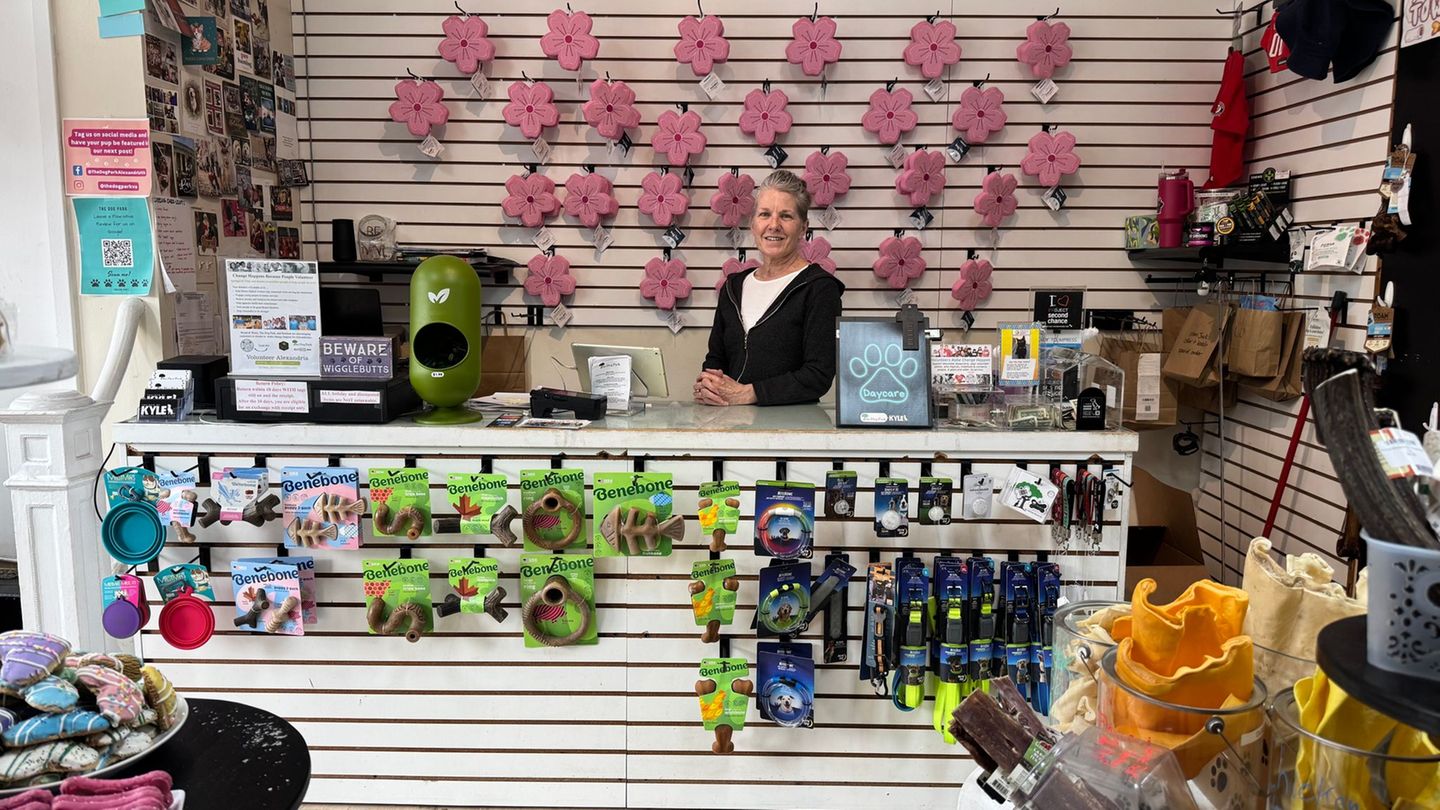Menu
World trade: small shops, great worries: Trump’s tariffs meet US dealers
Categories
Most Read
the swap with China, US aid and electoral expectations
October 16, 2025
No Comments
Pig price has fallen sharply: China’s tariffs are shaking up the market
October 16, 2025
No Comments
Save with a DNI Account! Access an unmissable benefit in your favorite neighborhood stores in October 2025
October 16, 2025
No Comments
There is still quite strong support in Argentina for there to be a normal economy
October 16, 2025
No Comments
How much do I earn if I invest $1,500,000 today in 30 days
October 16, 2025
No Comments
Latest Posts

Edison Cavani, out again in Boca: what does he have and when would he play again?
October 16, 2025
No Comments
October 16, 2025 – 16:20 The Uruguayan striker did not respond well to the demands of training this morning and will not be among those

Donald Trump announces meeting with Vladimir Putin in Budapest
October 16, 2025
No Comments
IvanI have been working in the news industry for over 6 years, first as a reporter and now as an editor. I have covered politics

Asbestos in baby powder? Billion dollar lawsuit against Johnson & Johnson
October 16, 2025
No Comments
AngelicaI am an author and journalist who has written for 24 Hours World. I specialize in covering the economy and write about topics such as
24 Hours Worlds is a comprehensive source of instant world current affairs, offering up-to-the-minute coverage of breaking news and events from around the globe. With a team of experienced journalists and experts on hand 24/7.

